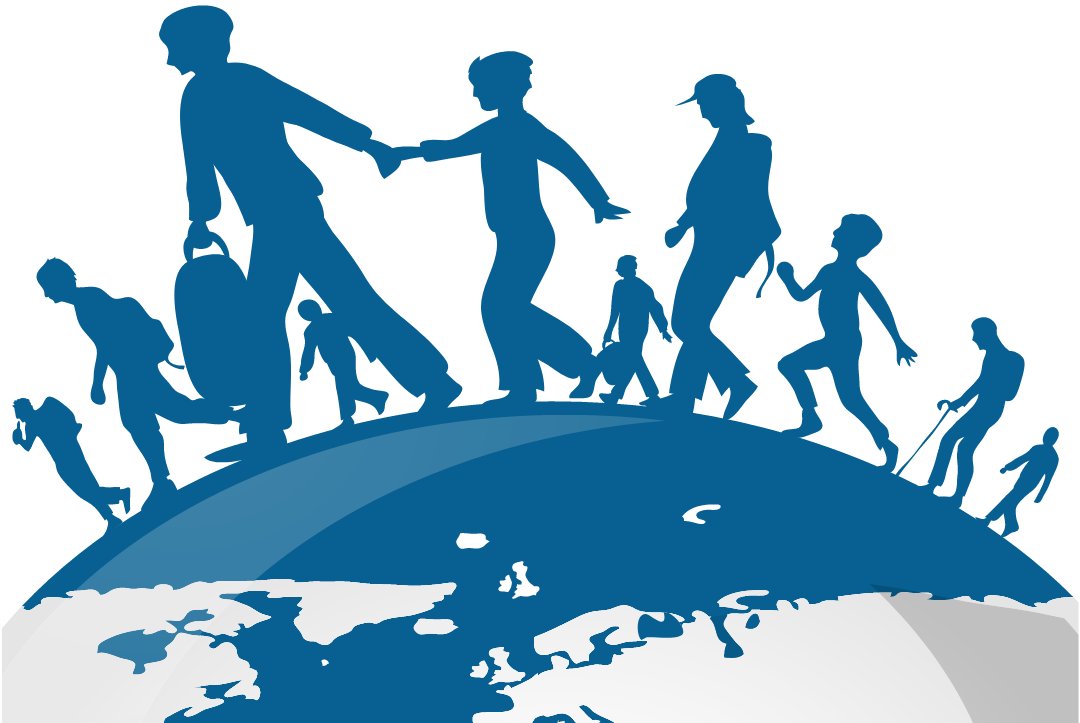Below is a non-exhaustive selection of nonprofit organizations providing help with various aspects of the Ukraine crisis and taking donations. There are many other legitimate charities. Some have Ukraine-specific funds, while others use the money for their work in Ukraine and elsewhere. WR Immigration encourages anyone wishing to donate to do independent research on their charity of choice and can recommend the use of a research tool, Charity Watch.
- Americares is supporting health services on the ground in Poland for families affected by the escalating humanitarian crisis. Americares is also sending medicine and medical supplies to Ukraine for hospitals and responders there. Medical teams provide primary care and emergency treatment, in addition to mental health services.
- Catholic Relief Services and Caritas partners on the ground are providing safe shelter, hot meals, hygiene supplies, transport to safe areas, and counseling support across Ukraine and in bordering countries.
- Direct Relief is working directly with Ukraine’s Ministry of Health and other on-the-ground partners to provide urgently needed medical aid, including emergency response packs intended for first responders, oxygen concentrators, critical care medicines, and other supplies.
- Doctors Without Borders has teams in Ukraine, Poland, and other bordering countries to provide surgical care, emergency medicine and supplies, and mental health support for displaced people. Shipments of supplies include surgical kits, trauma kits, and basic necessities for intensive care units, emergency rooms, and surgical operating theaters in Kyiv and other areas in Ukraine where they are urgently needed.
- Episcopal Relief & Development is helping to provide cash assistance, blankets, hygiene supplies and other needed assistance to families fleeing Ukraine.
- GlobalGiving aids local partners bringing relief to refugees and displaced persons in Ukraine and surrounding regions. Donations provide shelter, food, and water; health and psychosocial support; access to education; and economic assistance.
- International Rescue Committee is on the ground in Poland, working with partners to provide critical information services as well as sleeping bags, medical supplies, and other essentials to refugees from Ukraine who are crossing the border. In Ukraine, IRC is working with partners to provide lifesaving support to civilians fleeing their homes.
- Project HOPE is on the ground and shipping urgent assistance to Ukraine and surrounding countries, including essential medicines and medical supplies. Project HOPE is working to establish transit routes to get supplies in, and is expanding the capacity for a Ukrainian nongovernmental organization in Kyiv to purchase and transport medicines and medical supplies to civilian hospitals in Ukraine.
- The Red Cross is distributing food and hygiene parcels to families displaced in Ukraine; providing first aid training to people sheltering in metro stations and underground locations; delivering food, blankets, medicine, medical supplies, trauma kits, and household items; assisting with evacuation of people with disabilities; and distributing critical care items to people in shelters. The Red Cross is increasing its work in reuniting separating families and increasing awareness about areas contaminated by unexploded ordnance. Current needs include water delivery, support to health facilities, and medical care for wounded families. The Red Cross and Red Crescent also are assisting with humanitarian needs in neighboring countries. In addition to the items noted above, they are providing clothing, bedding, hygiene sets, blankets, and SIM cards; baby products and services for children; tents and shelters; and psychosocial support.
- UNHCR (UN Refugee Agency, or United Nations High Commissioner for Refugees) is on the ground in Ukraine and is working with authorities, UN agencies, internally displaced community groups, and partners to provide humanitarian assistance. UNHCR is providing cash aid, blankets, sleeping mats, and emergency shelter for refugees. UNHCR is also scaling up its specialist protection services to identify people in need of particular assistance, such as children traveling alone and people with disabilities.
- UNICEF is working with partners to provide humanitarian supplies and to reach children and families with essential services, including health, education, protection, water, and sanitation. Supplies and aid sent to Ukraine includes personal protective equipment for health workers, supporting mobile teams providing child protection services and psychosocial care to traumatized children, and working with municipalities to increase COVID-19 vaccination rates, among other activities.
- World Central Kitchen is serving thousands of fresh meals to Ukrainians fleeing their homes as well as those who remain in Ukraine. WCK is set up at eight border crossings, and is supporting local Ukrainian restaurants in eight cities preparing meals, including Odessa, Lviv, and Kyiv. WCK teams are also on the ground in Romania, Moldova, and Hungary, with plans for expansion as the situation evolves.
For more on the Ukraine crisis, see WR’s Ukrainian Resource Page.


